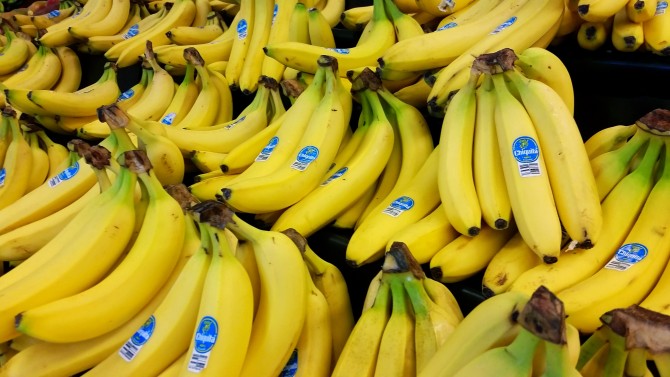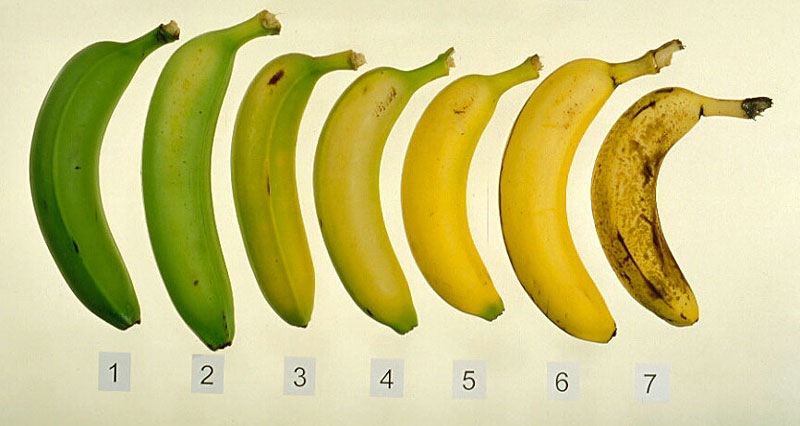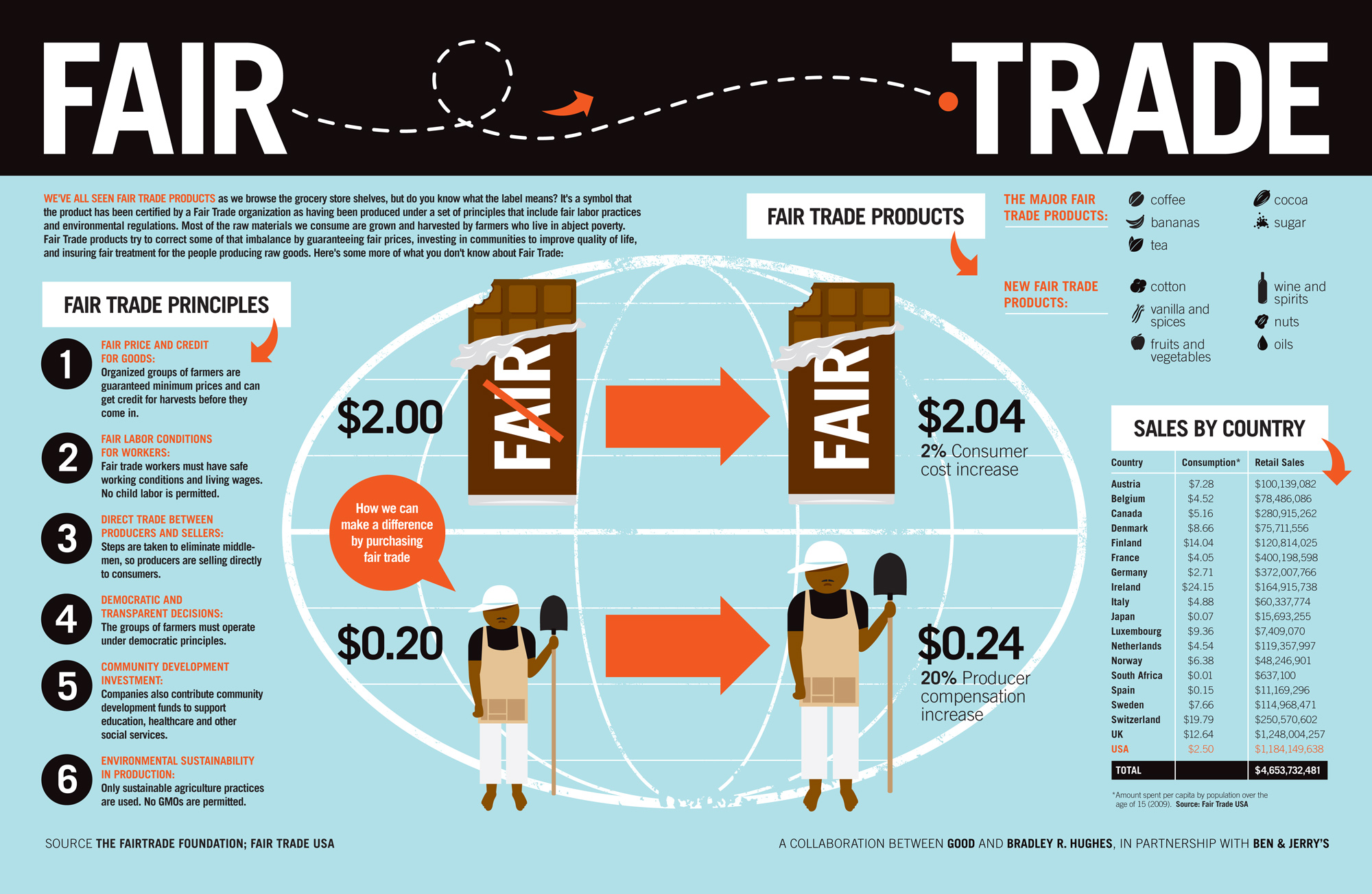The cheapest fruit available in the supermarket, with their bright yellow hues and catchy jingles, bananas are a common staple across American households. In fact, among many other benefits, bananas can actually make you happier.

Photo by Eunice Choi
But don’t let the cheery jingle fool you, there are some serious issues with the banana industry, including worker exploitation, environmental destruction and political corruption. Over the years, a few companies have monopolized the industry, purchased land for drastically low prices, wronged banana farm workers and even overthrown governments to be exempt from taxation.
That corruption continues today, as over the past 15 years, large northern retailers and banana transnational corporations, the largest being Chiquita, Fyffes, Dole, and Del Monte, have sought the cheapest means of exportation from banana-producing regions where labor wages are insufficient, unions are weakest or nonexistent and environmental laws are not enforced. That’s not even to mention the alarming number of dangerous toxins and pesticides used to ripen bananas quickly, which are harmful to both workers and the environment.

Photo courtesy of isopaninsulation.com
Fortunately, Fair Trade is here to change that.
“What is Fair Trade?” you might ask. Fair Trade is an organization working to guarantee premiums and safe methods of production for workers, as well as a minimum price for consumers. This past winter, Fair Trade at Northwestern launched its campaign to make Northwestern a Fair Trade certified university by 2017.

Photo courtesy of the Fair Trade Foundation; Fair Trade USA
“A commitment to fair trade would mean a commitment to sourcing more fair trade items at campus outlets in the food service and bookstore facilities, to educating students about fair trade within and without the classroom and to sourcing fair trade products at events and meetings,” said Anne Debertin, leader of Fair Trade at Northwestern.

Photo courtesy of filmlinker.com
Currently, the Sugar Beet Food Co-Op in Oak Park, Illinois, is the closest source of Fair Trade bananas, which is not only far for Northwestern students, but due to high shipping costs, the bananas are more expensive than they could be with widespread distribution available.
“By extending distribution to the Midwest region, we can work together with the Real Food Challenge at Northwestern to distribute Fair Trade bananas in the dining halls,” said Debertin. “With students consuming over 125 cases of bananas per month, we have a massive capacity to influence the banana industry. If our university shifts to fair trade bananas, we will raise the standard for bananas among universities, and hopefully influence shifts elsewhere.”

Photo courtesy of sauwsenvironment.wordpress.com
As a foodie, you probably regularly think about when and where you want to eat next, how good your food tastes and the aesthetics of your plate. But how often do you stop and wonder where your food comes from? It’s pretty easy to just see food in the supermarket and purchase it without giving it a second thought, but even as broke college students, you can help the Fair Trade organization by purchasing Fair Trade foods and simply educating yourselves about the organization.
“Students will see more Fair Trade items in the dining halls, as soon as this coming fall,” said Derbetin. “There will be more visibility of the Fair Trade products available in the campus bookstore, promoting the brand Alta Gracia. There will hopefully be classes offered that educate students of all aspects of Fair Trade, the good, the bad, the past and the future, so that students can make an informed commitment to Fair Trade. Lastly, there will be events around campus that will educate students of the Fair Trade movement and how they can play a role.”


